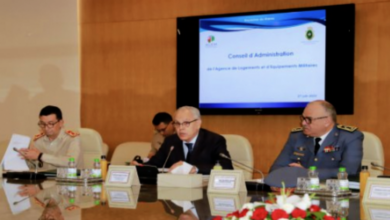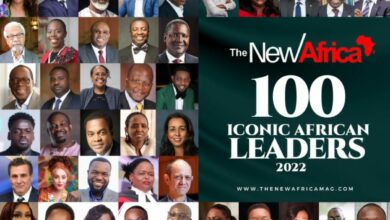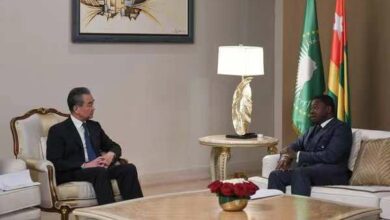Incitement Against Moroccan Ports: A Deliberate Targeting of the National Economy Amid a Delicate Global Context
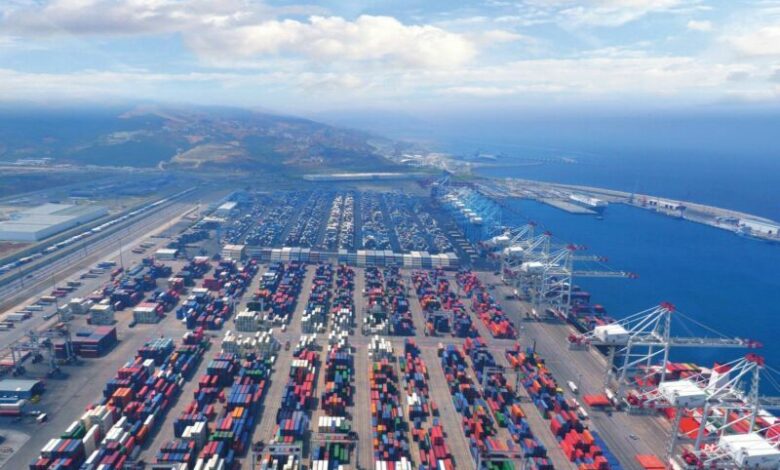
ALDAR/ Analysis
Amid a rapidly shifting global political and economic landscape, Morocco finds itself the target of repeated attempts to undermine its economic stability. These efforts come in the form of propaganda campaigns and questionable domestic narratives aimed at vital national infrastructure—most notably, Morocco’s strategic ports, which have increasingly positioned the country as a key regional and international logistics hub.
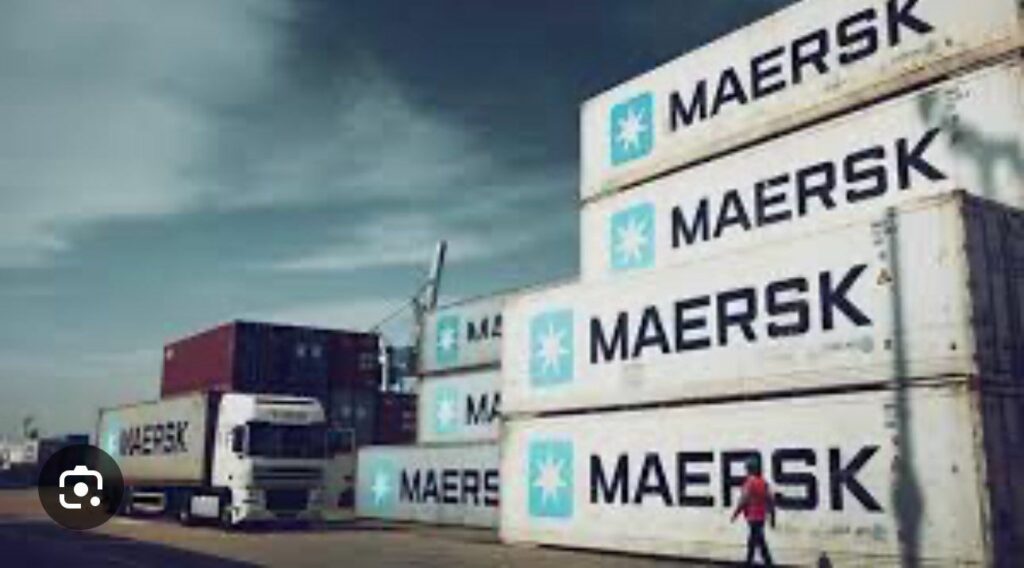
This campaign, which notably coincided with the announcement of a new maritime route linking two countries known for their antagonistic stance, raises legitimate questions about its timing and motives. It also reflects a broader effort by certain actors to sow uncertainty within Morocco’s economic landscape and potentially push international companies to reconsider their investments.
Over the past few years, Moroccan ports—especially the Tanger Med port—have undergone unprecedented development, placing them among Africa’s top facilities and advancing their global standing in container traffic. This success has attracted major international players, including the Danish shipping giant Maersk, which chose Morocco as a regional base after suspending operations in politically and security-compromised countries like Iran and others, according to credible Western economic reports.
This international confidence in Morocco is no coincidence. It stems from the country’s institutional stability, clear economic vision, and consistently improving rankings on global investment attractiveness indices. Against this backdrop, any attempt to undermine these achievements begs the question: Who stands to gain from destabilizing Morocco’s economy?
Observers of recent campaigns calling—under various pretexts—for targeting Moroccan ports will quickly discern that some regional actors, aiming to reposition themselves in global trade and maritime logistics, perceive Morocco’s success as a threat. In this context, these maneuvers cannot be separated from the recent announcement of a maritime line between Algeria and another unnamed nation, which suspiciously aligns with the intensification of anti-Moroccan messaging regarding its maritime infrastructure.
In light of these developments, many citizens and stakeholders are asking: Is it acceptable for some “internal voices” to participate in smear campaigns against the backbone of the national economy? Can freedom of speech be misused as a cover to encourage foreign companies to withdraw from Morocco? These are questions for the state and the law to address, especially considering the Moroccan constitution and legal framework that mandate protection of the nation’s economic security.
In modern national security doctrine, economic security is considered an integral component of national sovereignty. Any targeting of economic infrastructure—whether through media disruption or public agitation—should be met with the same firmness reserved for external threats. Every call to undermine investor confidence in the kingdom is a blow to the nation’s core, and must be dealt with through legal clarity and patriotic responsibility.
Morocco today holds a position of strength. But that strength unnerves certain parties who, having failed to confront Morocco on political or diplomatic fronts, now resort to “soft tactics” to weaken it economically. What is needed now is not only a firm response to these campaigns, but a heightened national awareness among citizens: that defending the national economy is, in essence, defending sovereignty. Any attempt to disrupt economic stability is not just an “opinion,” but an act with serious security and economic consequences that must not be taken lightly.

